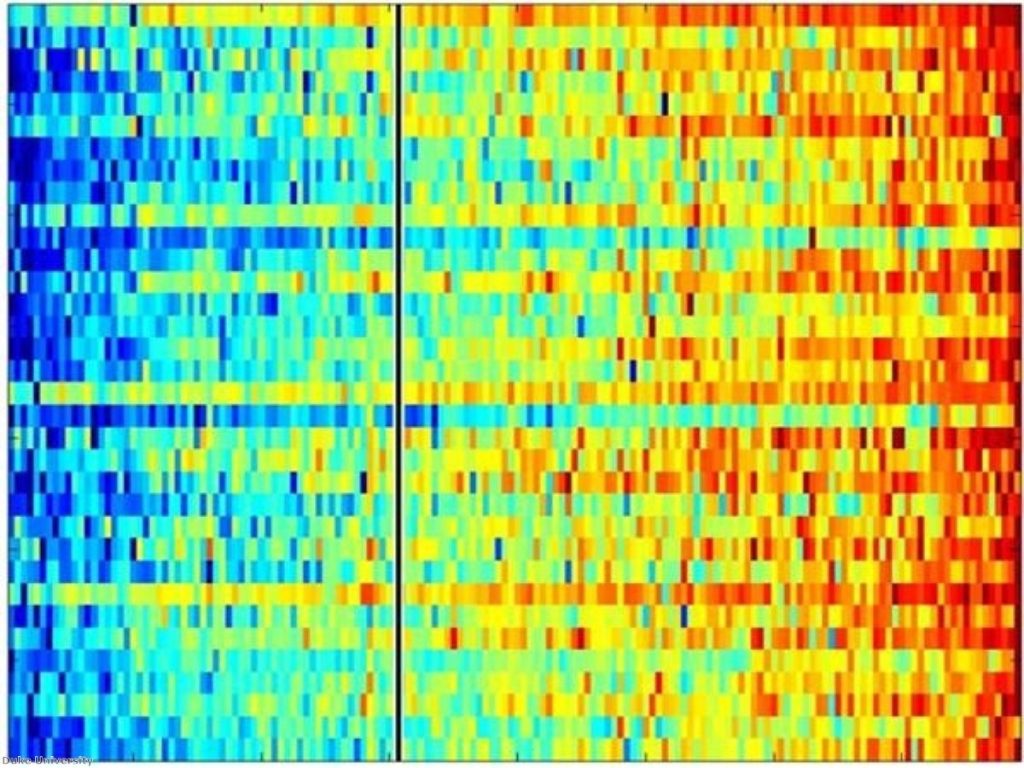Calls grow to wipe innocent’s DNA from database
By politics.co.uk staff
The campaign to have the DNA of innocent people removed from Britain’s database has received a boost as a pioneer of the technology broke ranks to criticise the government.
In an interview with the Guardian, the inventor of genetic fingerprinting, professor Sir Alec Jeffreys, said the practice left innocent people “branded as criminals”.
“My view is very clear that if you have been convicted of a crime then you owe it to society to be retained on that database for catching in the future should you reoffend,” he said.


“But the retention of entirely innocent people is a whole different issue. There is a sort of presumption here that if they haven’t committed any crime now, then they will in the future.”
“My genome is my property. It is not the state’s. I will allow the state access to that genome under very strict circumstances. It is an issue of my personal genetic privacy,” he continued.
“I have met some [innocent] people who are on the database and are really distressed by the fact. They feel branded as criminals and I would feel branded as a criminal.”
Last December the European court of human rights (ECHR) ruled the practice of retaining innocent people’s DNA contravened the right to privacy, while considering the case of two men from Sheffield.
The government is due to respond to that ruling on May 1st but reports are circulating that it will delete people’s profiles, but keep the DNA itself.
Mr Jeffreys responded to that news with dismay.
“I would be wholly opposed to retaining the original DNA unless there are very, very strict safeguards on what could be done with it, like nothing at all. In a way, it would be even more sinister than retaining the profile.
“I would be very concerned if the government attempted to go down that route. The point is it has to respond to the ruling by the ECHR. It was a very pointed ruling. Unusually so.”
The pioneer’s outspoken views immediately prompted agreement from those opposed to the database, including Liberal democrat home affairs spokesman Chris Huhne.
“It demonstrates how out of touch the government is with public opinion when the inventor of genetic fingerprinting has to tell them how unfair the DNA database is,” he said.
Those arrested or charged with a crime in England and Wales currently have their DNA retained regardless of whether they are later charged, the charges are dropped, or they are found innocent.
The rules differ in Scotland, where the DNA is then destroyed, apart from in a small number of serious offences.












